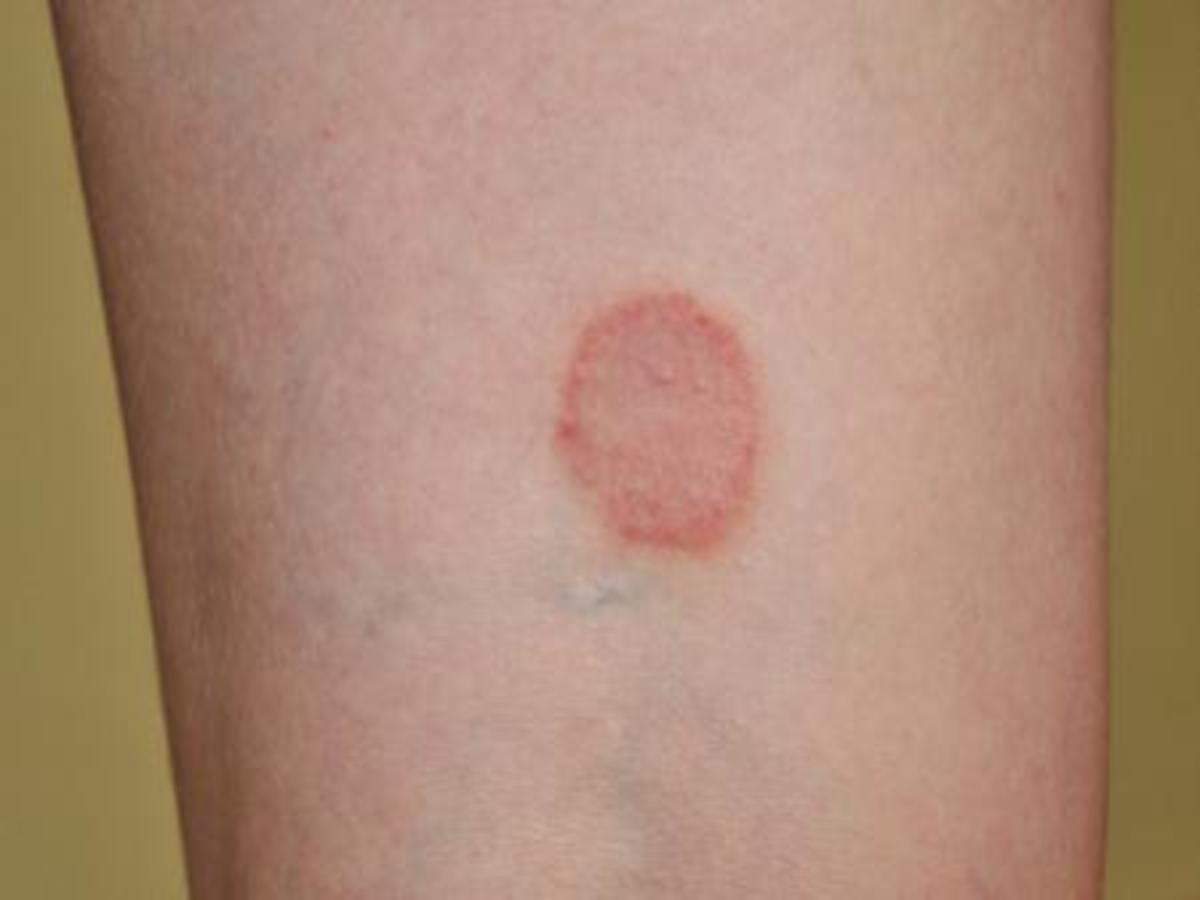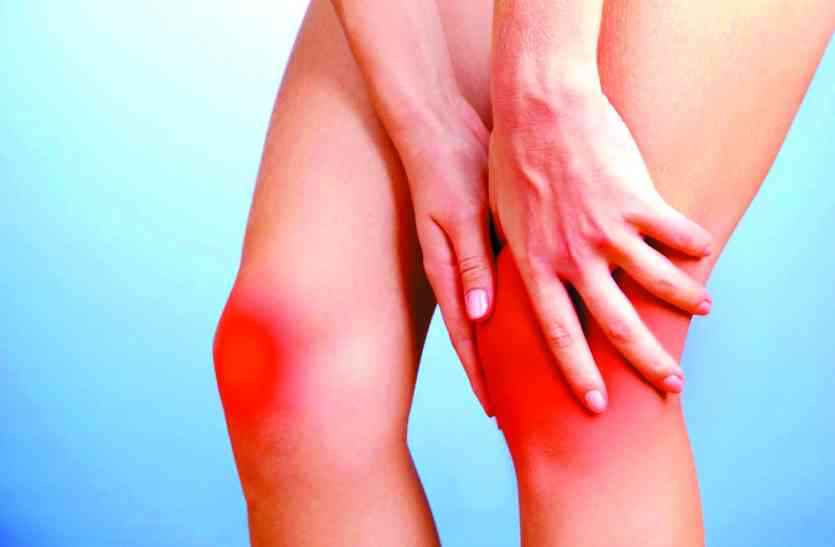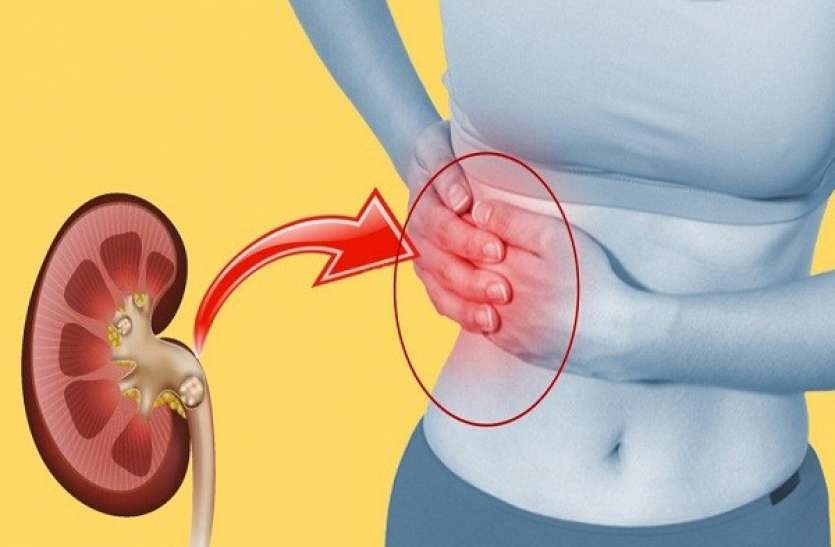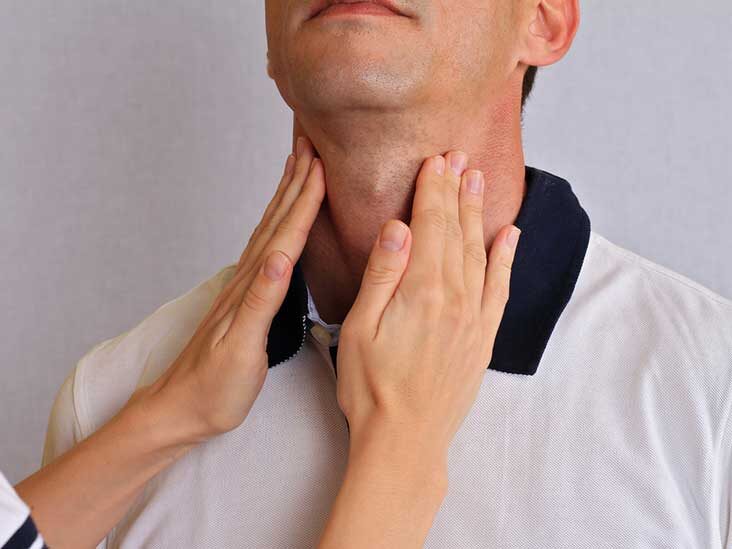
हृदय रोग/Heart Problems
A buildup of fatty plaques in your arteries, or atherosclerosis (ath-ur-o-skluh-ROE-sis) can damage your blood vessels and heart. Plaque buildup causes narrowed or blocked blood vessels that can lead to a heart attack, chest pain (angina) or stroke.
Coronary artery disease symptoms may be different for men and women. For instance, men are more likely to have chest pain. Women are more likely to have other signs and symptoms along with chest discomfort, such as shortness of breath, nausea and extreme fatigue.
Signs and symptoms can include:
- Chest pain, chest tightness, chest pressure and chest discomfort (angina)
- Shortness of breath
- Pain, numbness, weakness or coldness in your legs or arms if the blood vessels in those parts of your body are narrowed
- Pain in the neck, jaw, throat, upper abdomen or back

अस्थमा/Asthma
Asthma is a condition in which your airways narrow and swell and may produce extra mucus. This can make breathing difficult and trigger coughing, a whistling sound (wheezing) when you breathe out and shortness of breath.
For some people, asthma is a minor nuisance. For others, it can be a major problem that interferes with daily activities and may lead to a life-threatening asthma attack.
Asthma signs and symptoms include:
- Shortness of breath
- Chest tightness or pain
- Wheezing when exhaling, which is a common sign of asthma in children
- Trouble sleeping caused by shortness of breath, coughing or wheezing
- Coughing or wheezing attacks that are worsened by a respiratory virus, such as a cold or the flu

मानसिक रोग (माइग्रेन)/Migraine
A migraine is a headache that can cause severe throbbing pain or a pulsing sensation, usually on one side of the head. It's often accompanied by nausea, vomiting, and extreme sensitivity to light and sound. Migraine attacks can last for hours to days, and the pain can be so severe that it interferes with your daily activities.
For some people, a warning symptom known as an aura occurs before or with the headache. An aura can include visual disturbances, such as flashes of light or blind spots, or other disturbances, such as tingling on one side of the face or in an arm or leg and difficulty speaking.
One or two days before a migraine, you might notice subtle changes that warn of an upcoming migraine, including:
- Constipation
- Mood changes, from depression to euphoria
- Food cravings
- Neck stiffness
- Increased urination
- Fluid retention
- Frequent yawning

चर्म रोग/Skin Disorders
Skin disorders vary greatly in symptoms and severity. They can be temporary or permanent, and may be painless or painful. Some have situational causes, while others may be genetic. Some skin conditions are minor, and others can be life-threatening.
While most skin disorders are minor, others can indicate a more serious issue. Contact your doctor if you think you might have one of these common skin problems.
Symptoms of skin disorders
- raised bumps that are red or white
- a rash, which might be painful or itchy
- scaly or rough skin
- open sores or lesions
- fleshy bumps, warts, or other skin growths

कैंसर/Caner
Cancer refers to any one of a large number of diseases characterized by the development of abnormal cells that divide uncontrollably and have the ability to infiltrate and destroy normal body tissue. Cancer often has the ability to spread throughout your body. Cancer is the second-leading cause of death in the world. But survival rates are improving for many types of cancer, thanks to improvements in cancer screening, treatment and prevention.
Some general signs and symptoms associated with, but not specific to, cancer, include:
- Fatigue
- Lump or area of thickening that can be felt under the skin
- Weight changes, including unintended loss or gain
- Skin changes, such as yellowing, darkening or redness of the skin, sores that won't heal, or changes to existing moles
- Changes in bowel or bladder habits
- Persistent cough or trouble breathing
- Difficulty swallowing
- Hoarseness
- Persistent indigestion or discomfort after eating
- Persistent, unexplained muscle or joint pain
- Persistent, unexplained fevers or night sweats
- Unexplained bleeding or bruising

प्रोस्टेट/Prostate
Prostate cancer is cancer that occurs in the prostate. The prostate is a small walnut-shaped gland in males that produces the seminal fluid that nourishes and transports sperm.
Prostate cancer is one of the most common types of cancer. Many prostate cancers grow slowly and are confined to the prostate gland, where they may not cause serious harm. However, while some types of prostate cancer grow slowly and may need minimal or even no treatment, other types are aggressive and can spread quickly.
Prostate cancer that's more advanced may cause signs and symptoms such as:
- Trouble urinating
- Decreased force in the stream of urine
- Blood in the urine
- Blood in the semen
- Bone pain
- Losing weight without trying
- Erectile dysfunction

गठिया/Arthritis
Arthritis is the swelling and tenderness of one or more of your joints. The main symptoms of arthritis are joint pain and stiffness, which typically worsen with age. The most common types of arthritis are osteoarthritis and rheumatoid arthritis.
Osteoarthritis causes cartilage — the hard, slippery tissue that covers the ends of bones where they form a joint — to break down. Rheumatoid arthritis is a disease in which the immune system attacks the joints, beginning with the lining of joints.
The most common signs and symptoms of arthritis involve the joints. Depending on the type of arthritis you have, your signs and symptoms may include:
- Pain
- Stiffness
- Swelling
- Redness
- Decreased range of motion

पित्त पथरी एवं गुर्दा पथरी/Renal stone
Stone disease occurs when chemicals in your urine become concentrated and form crystals in your urinary tract. It most often affects your kidneys, though it can also affect your bladder, the tubes that carry urine from your kidneys to your bladder (ureters), or the tube that connects your bladder to the outside of your body (urethra).
If you have stone disease, your symptoms will likely include:
- Blood in your urine (also known as hematuria)
- Feeling the need to urinate frequently
- Inability to urinate
- Nausea and/or vomiting
- Sharp pain on one side of your back or in your lower abdomen

थायराइड/Thyroid
Your thyroid creates and produces hormones that play a role in many different systems throughout your body. When your thyroid makes either too much or too little of these important hormones, it’s called a thyroid disease. There are several different types of thyroid disease, including hyperthyroidism, hypothyroidism, thyroiditis and Hashimoto’s thyroiditis.
You may be at a higher risk of developing a thyroid disease if you:
- Have a family history of thyroid disease.
- Have a medical condition (these can include pernicious anemia, type 1 diabetes, primary adrenal insufficiency, lupus, rheumatoid arthritis, Sjögren’s syndrome and Turner syndrome).
- Take a medication that’s high in iodine (amiodarone).
- Are older than 60, especially in women.
- Have had treatment for a past thyroid condition or cancer (thyroidectomy or radiation).

कोलेस्ट्रॉल/Cholesterol
The main risk associated with high cholesterol is coronary heart disease (CHD). Your blood cholesterol level has a lot to do with your chances of getting heart disease. If your cholesterol is too high, it builds up on the walls of your arteries. Over time, this buildup is known as atherosclerosis. This condition causes arteries to become narrowed, and the narrowed blood vessels reduce blood flow to the heart. This can result in angina (chest pain) from not enough blood flow getting to the heart, or a heart attack in cases when a blood vessel is blocked completely and the heart muscle begins to die.
When you have high cholesterol, you may also be at an increased risk of developing other medical conditions. This risk is linked to the narrowing of your blood vessels. Diseases that are tied to high cholesterol include coronary heart disease, stroke, peripheral arterial disease, type 2 diabetes and high blood pressure.

Hair Fall
Hair loss can appear in many different ways, depending on what's causing it. It can come on suddenly or gradually and affect just your scalp or your whole body.
- Gradual thinning on top of head.
- Circular or patchy bald spots.
- Sudden loosening of hair.
- Patches of scaling that spread over the scalp

Weight Loss
That said, many eating plans leave you feeling hungry or unsatisfied. These are major reasons why you might find it hard to stick to a healthier eating plan.
However, not all diets have this effect. Low carb diets and whole food, lower calorie diets are effective for weight loss and may be easier to stick to than other diets.
- reduce your appetite
- cause fast weight loss
- improve your metabolic health at the same time



